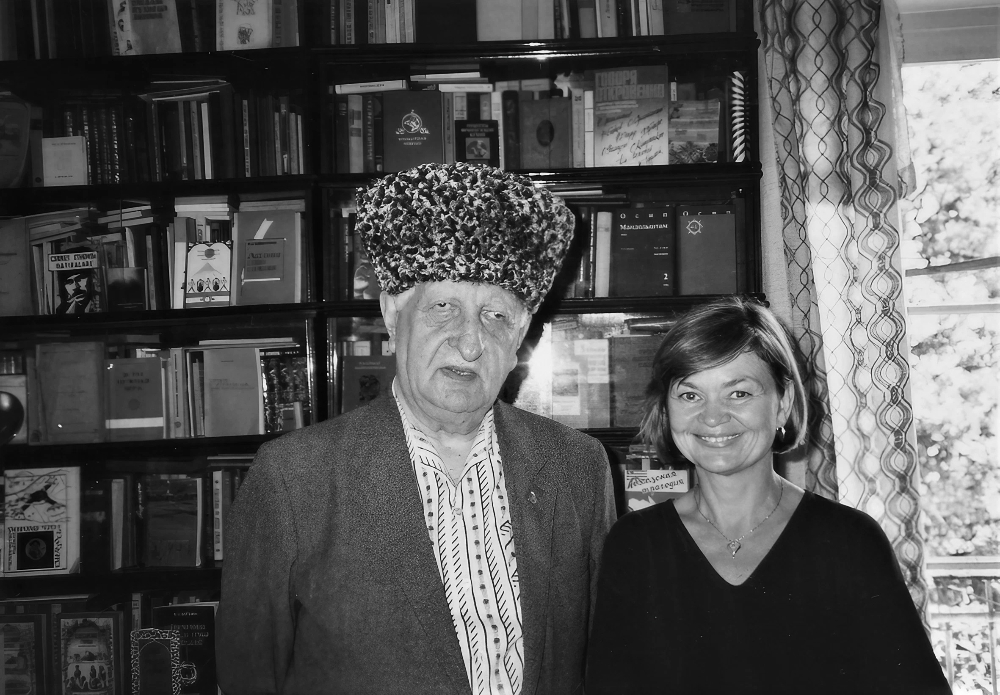Istanbul Stage Set for 'The Last of the Departed' Amidst Anniversary of Russian-Caucasian War

SUKHUM / AQW'A ― The play "The Last of the Departed" is set to premiere in Istanbul at the end of May 2024. This date marks the 160th anniversary of the end of the Russian-Caucasian War on 21 May. Based on the novel by Bagrat Shinkuba, the production is directed by Madina Argun of the Abkhazian Drama Theatre. Argun noted that rehearsals have been ongoing for two months and the performance is scheduled for the end of May.
The cast includes actors from the Istanbul-based theatre troupe "Abysta," along with two dance ensembles, "Radedа" and "Nart." Rehearsals are taking place both in Istanbul and Sakarya, with choreographer Eric Tyrkba currently focusing on the mass scenes.
Following its Istanbul debut, the play will be shown in densely populated areas where many Abkhazian expatriates reside. "We hope to collaborate and bring this performance to Abkhazia by the fall," said Madina Argun.

Bagrat Shinkuba (1917-2004) with Paula Garb, translator of 'The Last of the Departed,' from the University of California, Irvine.
Addressing challenges, Argun noted a language barrier since the play is performed in Turkish. "Initially, there was some misunderstanding, but we have overcome this barrier over time. Everyone is working with great enthusiasm and commitment," she stated.
The project involves a large team, including Levent Atryshba, chair of the Federation of Abkhaz Cultural Centres (ABHAZFED); Ersin Kvitsinia, leader of the "Nart" ensemble; Ibrahim Avidzba, Abkhazia's representative in Türkiye; and Dzhansukh Lazba, political advisor at the Abkhazian Representation in Türkiye.
Madina Argun expressed deep gratitude towards the State Repatriation Committee, the Ministry of Culture, the Mayor of Sukhum Beslan Eshba, and Musa Ekzekov, chairman of the Supreme Council of the World Abkhaz-Abaza Congress, for their support of the project.
Bagrat Shinkuba's novel, "The Last of the Departed," explores the extinction of the Ubykh people within the lifetime of the main character, Zaurkan Zolak, a centenarian. His life story, rich in adventures and twists of fate, is chronicled by an Abkhazian linguist, Sharakh Kvadzba, who believes that understanding the Ubykh language is crucial to establishing the connections among Caucasian languages. The narrative provides a historically accurate portrayal of the Ubykhs' disappearance as an ethnic group. Throughout the novel, the old Ubykh is haunted by the question, "Could it have been otherwise?" This question also troubles the author, Bagrat Shinkuba, who finds his answer in the Abkhazian proverb: "He who loses his country loses all."